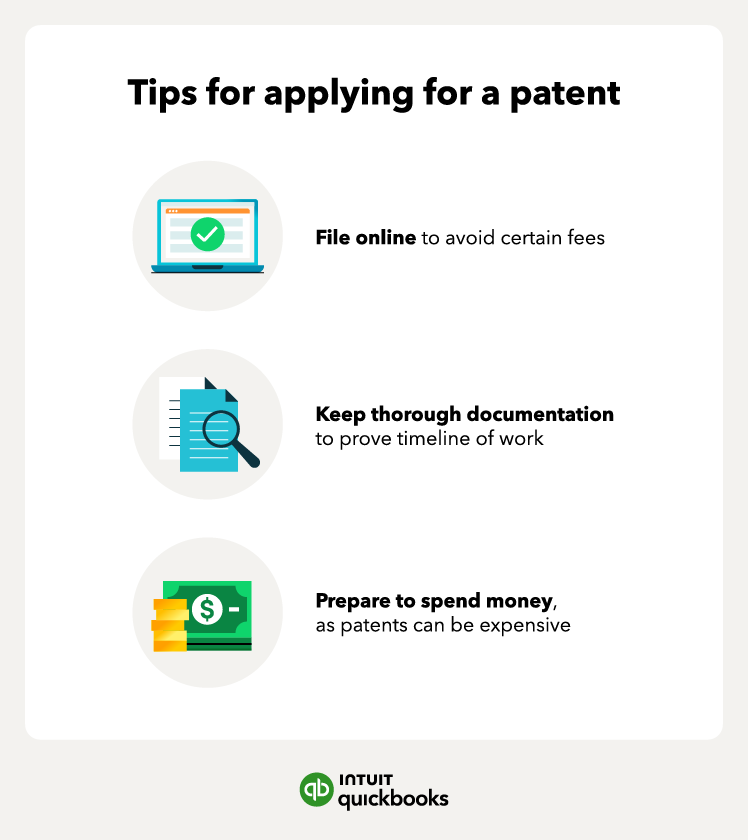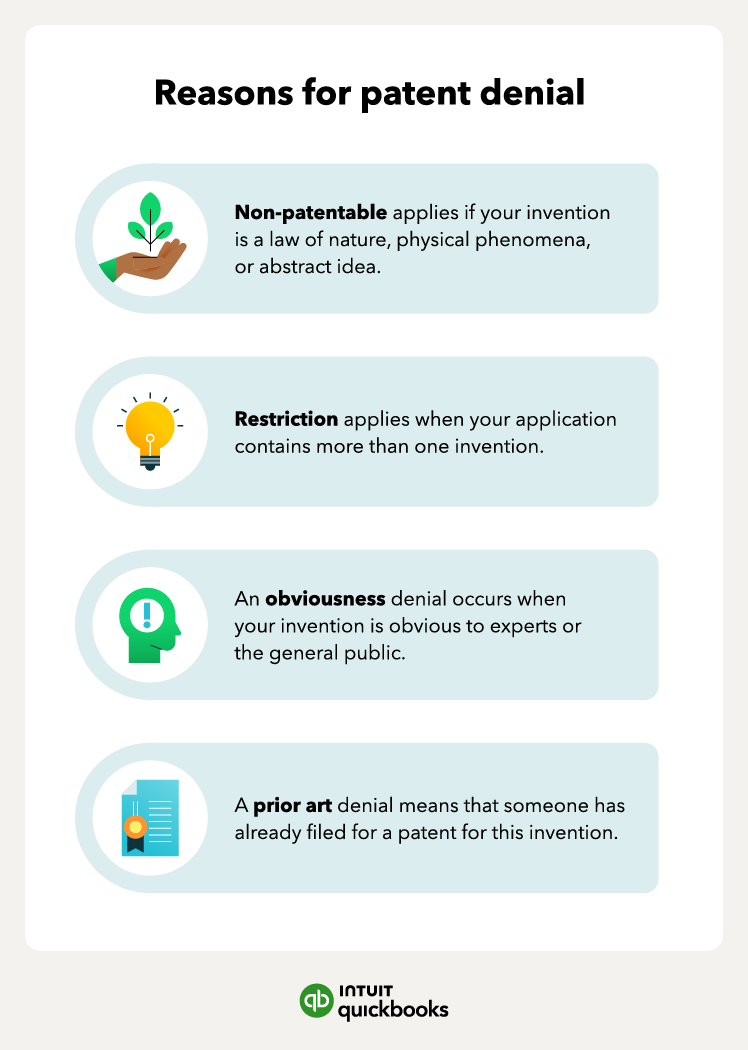Filing a patent application can be a lengthy and expensive process. To secure a patent, you must pay basic fees, search fees, examination fees, and issue fees, on top of completing all required paperwork. Keep reading to dive deeper into what’s needed for your patent application to be filed.
Documentation
Long before you even start thinking about filing a patent application, you must keep extensive details of your ideas and processes so you can accurately document them in future paperwork. Here are some tips to keep in mind before you begin to file your patent application:
- Keep detailed documentation. Detailed figures and notes can help prove originality in the event of an infringement lawsuit.
- Include dates for every step or advancement to prove the timeline of your work.
- Use permanent ink and avoid hasty revisions like scribbling, Wite-Outs, and erasures.
- Have a witness sign and date pages of your notebook at least once every few weeks to help prove the invention is yours.
Taking these steps now will make the filing process easier for you and may help eliminate any potential lawsuit issues in the future.
Forms
Completing the required forms and documents for a patent can be an overwhelming process. If you’re hesitant or unable to talk to a patent lawyer, a patent template can be useful.
Specific application checklists for utility, plant, design, and provisional patents can be found on the USPTO website.
- New patent applications sent through USPS can be directed to:
Commissioner for Patents
P.O. Box 1450, Alexandria, VA, 22313
- Those sent through other delivery services can be directed to:
U.S. Patent and Trademark Office
Randolph Building
401 Dulany Street, Alexandria, VA, 22314
Other specific documents must be sent to specific mail stops; a list and descriptions of these mail stops can be found on the USPTO website.
Those applying online can submit applications through the USPTO’s electronic filing system.
Fees
The cost of filing, acquiring, and maintaining a patent varies greatly. An in-depth chart on patent fees is available on the USPTO fees page, but below are some basic numbers you should know:
- Basic filing fees run anywhere from $80 for a micro-entity to $320 for normal entities.
- Large application fees apply to applications that exceed 100 sheets and can incur up to a $420 fee for each additional 50 sheets.
- Translation fees range from $35 to $140 if your documents need translating.
- Maintenance fees range from $500 to several thousand dollars and are due at 3.5 years, 7.5 years, and 11.5 years after the patent is approved.
Filing a patent claim can be expensive, but be sure to remember this one money-saving tip: File online. “Nonelectronic filing fees” are assessed to applications sent by mail. Depending on your application, these fees can reach up to $400, so be sure to save yourself time and money by applying online.
Timeline














